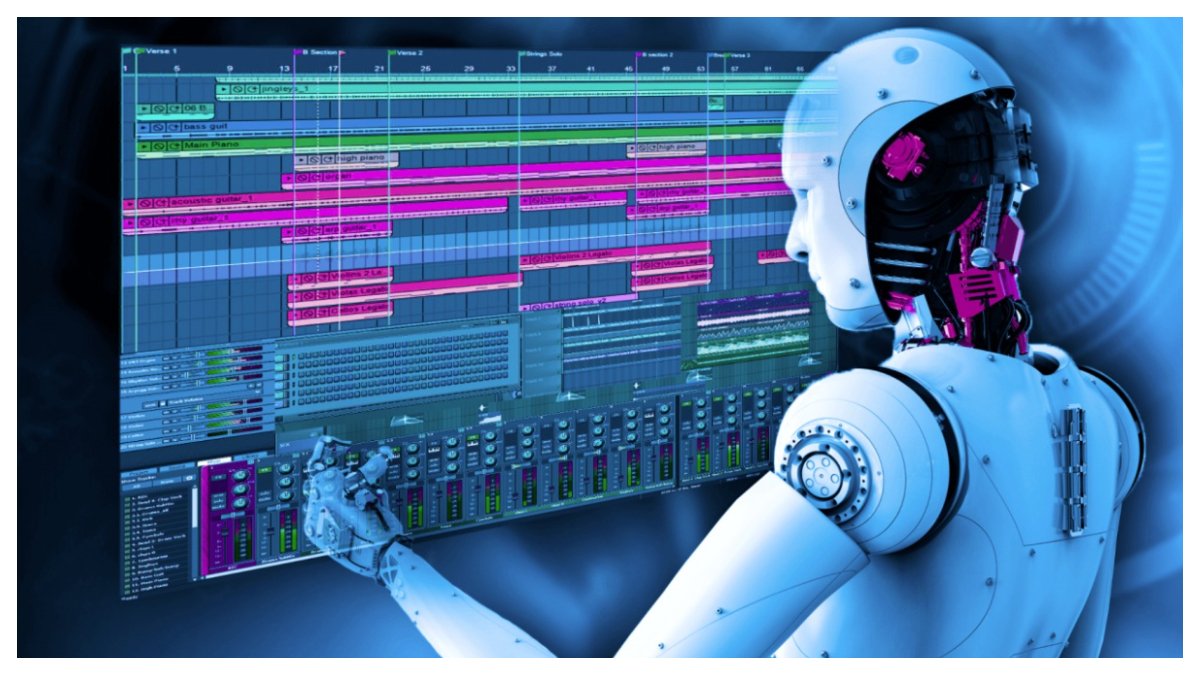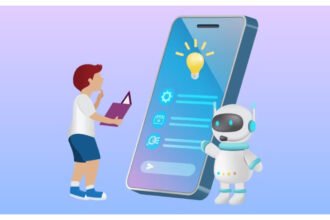New revolution in music world now AI can generate entire songs The emergence of AI tools like AI Suno, purportedly capable of generating complete songs based on concise prompts and scenarios, raises questions regarding the potential impact on traditional singers and musicians. While such technology may streamline the song-creation process, its efficacy and quality in producing music comparable to that of professional musicians remain subjects of debate.
The concern over whether AI tools will render human performers obsolete hinges on factors such as the level of creativity, emotionality, and authenticity imbued within AI-generated compositions. Assessing the efficiency and quality of AI-generated music necessitates rigorous evaluation against established benchmarks of musical excellence. Ultimately, the notion of AI surpassing professional singers in song creation warrants critical examination, as it remains a topic of ongoing inquiry within the realm of music technology and creativity.
Numerous arguments abound on this matter, with proponents of professional singers asserting that AI lacks the capacity to create authentic music. Despite AI’s ability to generate expressive, intricate, and emotionally resonant compositions, skeptics contend that it falls short in producing music deemed genuine or artistically substantial.
Feedback from individuals who have experimented with AI applications like Audio and Suno often echoes sentiments that the output resembles the work of an amateur striving to emulate proficient songwriting. This dichotomy underscores the ongoing debate surrounding AI’s aptitude for crafting music that rivals the caliber and authenticity associated with professional musicians.
The emotional connection inherent in music is a fundamental aspect of human experience, often absent in AI-generated compositions. While AI tools like Uudio and Suno assert that they incorporate emotional intelligence, drawing from the expertise of numerous professionals during model training, critics contend that human composers imbue their work with a depth of emotion and intentionality unmatched by AI.
Despite AI’s ability to create coherent and expressively rendered songs, there remains a discernible gap that only human music professionals can bridge. This disparity underscores the intrinsic value of human creativity and emotional depth in the realm of music composition.
The impact of tools like Udio and Suno on the music industry’s landscape remains uncertain, as the delineation between creators and consumers blurs. However, the accessibility and affordability of such platforms predominantly position them as vehicles for song composition. While these tools democratize music production and enable individuals to craft personalized compositions for special occasions, concerns arise regarding their potential misuse for disseminating objectionable content.
While advocating for a balanced approach, it’s imperative to implement measures to mitigate the propagation of offensive material without stifling creative expression. Striking this balance necessitates not absolute control, but rather a framework that safeguards against the dissemination of vulgarity and nudity, thereby upholding ethical standards within the realm of music creation.
















